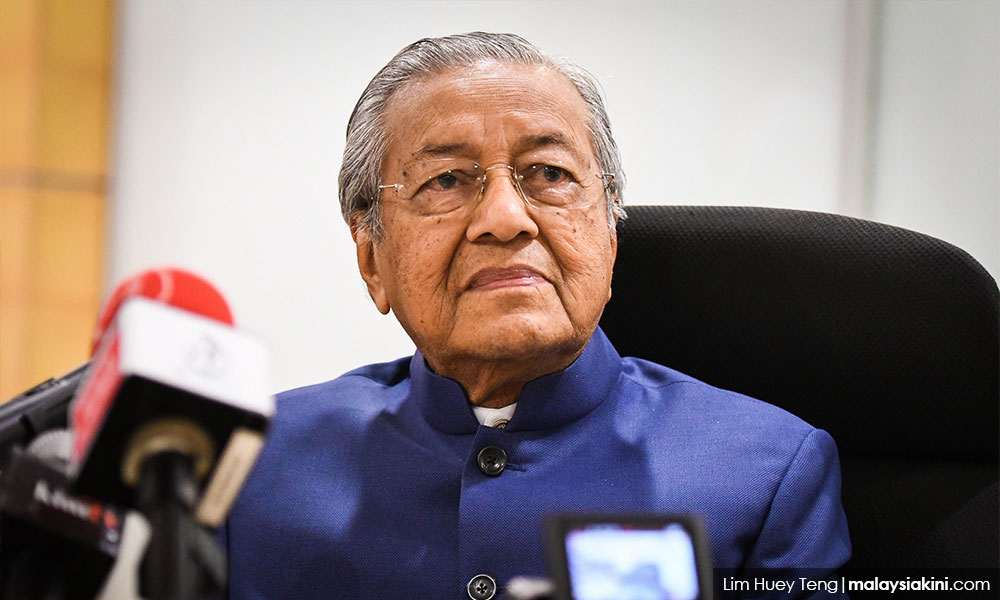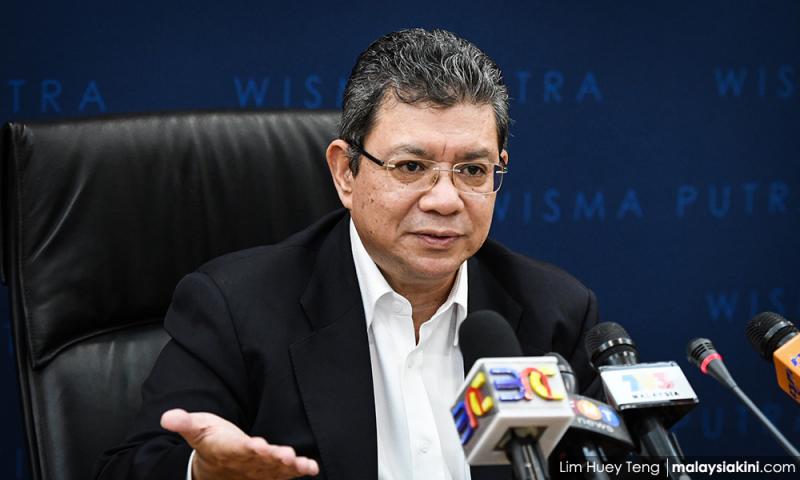Malaysia is hopeful of getting more "fair" investment from China, its foreign minister said on Tuesday, after both countries agreed to resume two multi-billion dollar projects just before a Belt and Road conference in Beijing this week.
Prime Minister Dr Mahathir Mohamad, who came to power after a stunning election victory last May, had vowed to renegotiate or cancel what he calls unfair Chinese projects authorised by his predecessor.
Earlier this month, both countries agreed to resume construction of the East Coast Rail Line (ECRL) at a discount.
Last week, Mahathir announced the resumption of a multi-billion dollar property development linked to China.
"We want to improve our ties with China. That is a fact. But it doesn't mean we will do whatever it takes," Foreign Minister Saifuddin Abdullah told Reuters in an interview.
"Agreements and arrangements have to be fair for both sides," he said.
The minister said ties between the countries had improved since the resumption of the two projects - both part of China's ambitious Belt and Road Initiative (BRI), a key policy of President Xi Jinping that envisions rebuilding the old Silk Road to connect China with Asia, Europe and beyond with massive infrastructure spending.

Mahathir (photo) will travel to Beijing on Wednesday to attend a forum on the BRI.
The Malaysian delegation is also expected to hold a bilateral meeting on the sidelines with Xi, premier Li Keqiang and Li Zhanshu, the chairperson of the standing committee of the national people's congress, according to the foreign ministry.
Saifuddin, who will be part of the delegation, said Malaysia is open to Chinese investments from "any sector", but particularly in high-tech manufacturing.
He said Malaysia is also optimistic that China will increase its import of palm oil, on top of an increase of 500,000 tonnes premier Li had pledged during Mahathir's last visit in August. Palm oil is a key Malaysian export.
"We are hopeful that with the BRI conference and the positive closure of the two projects, we would be receiving more investments from China," Saifuddin said.
- Reuters





